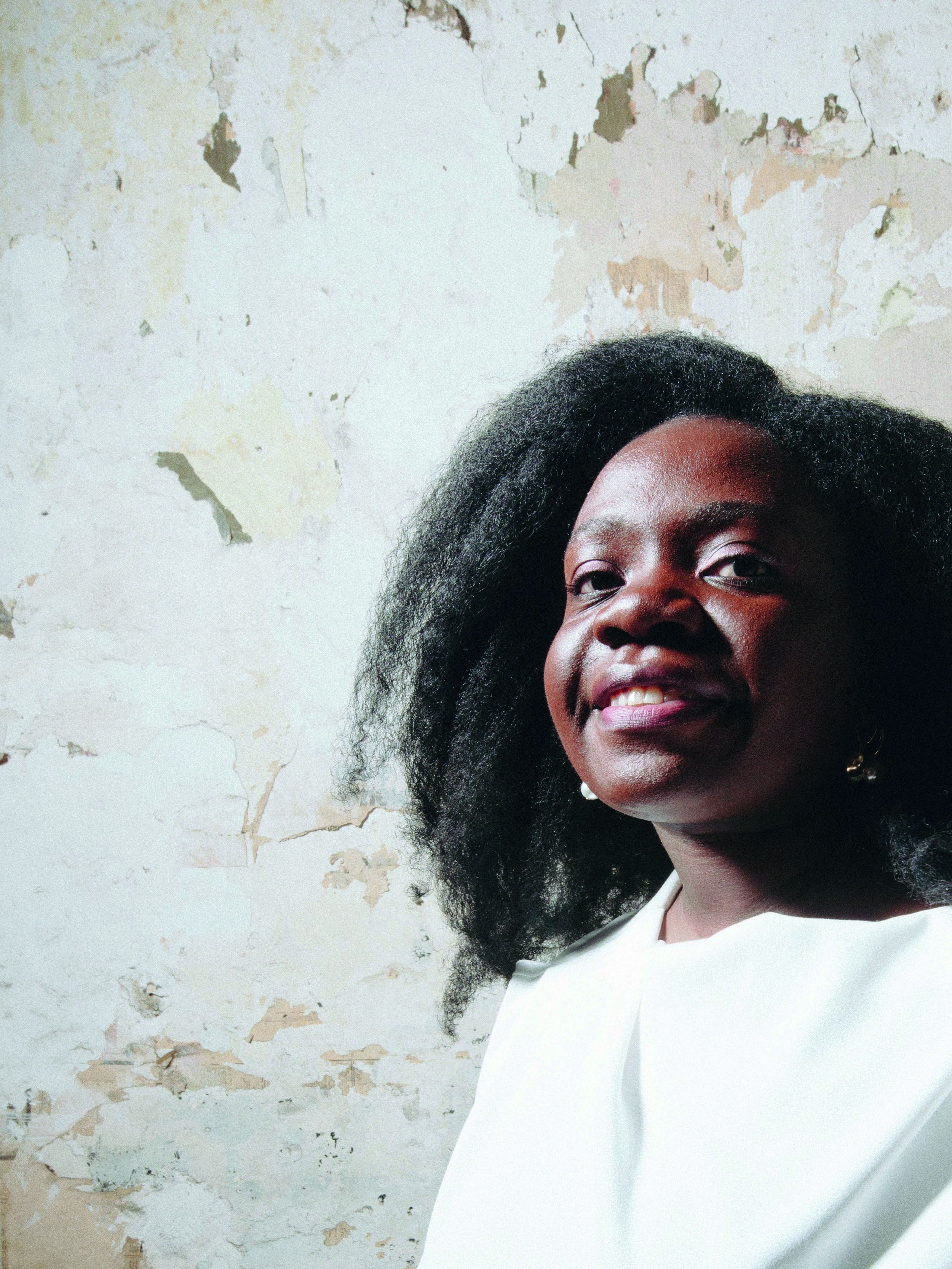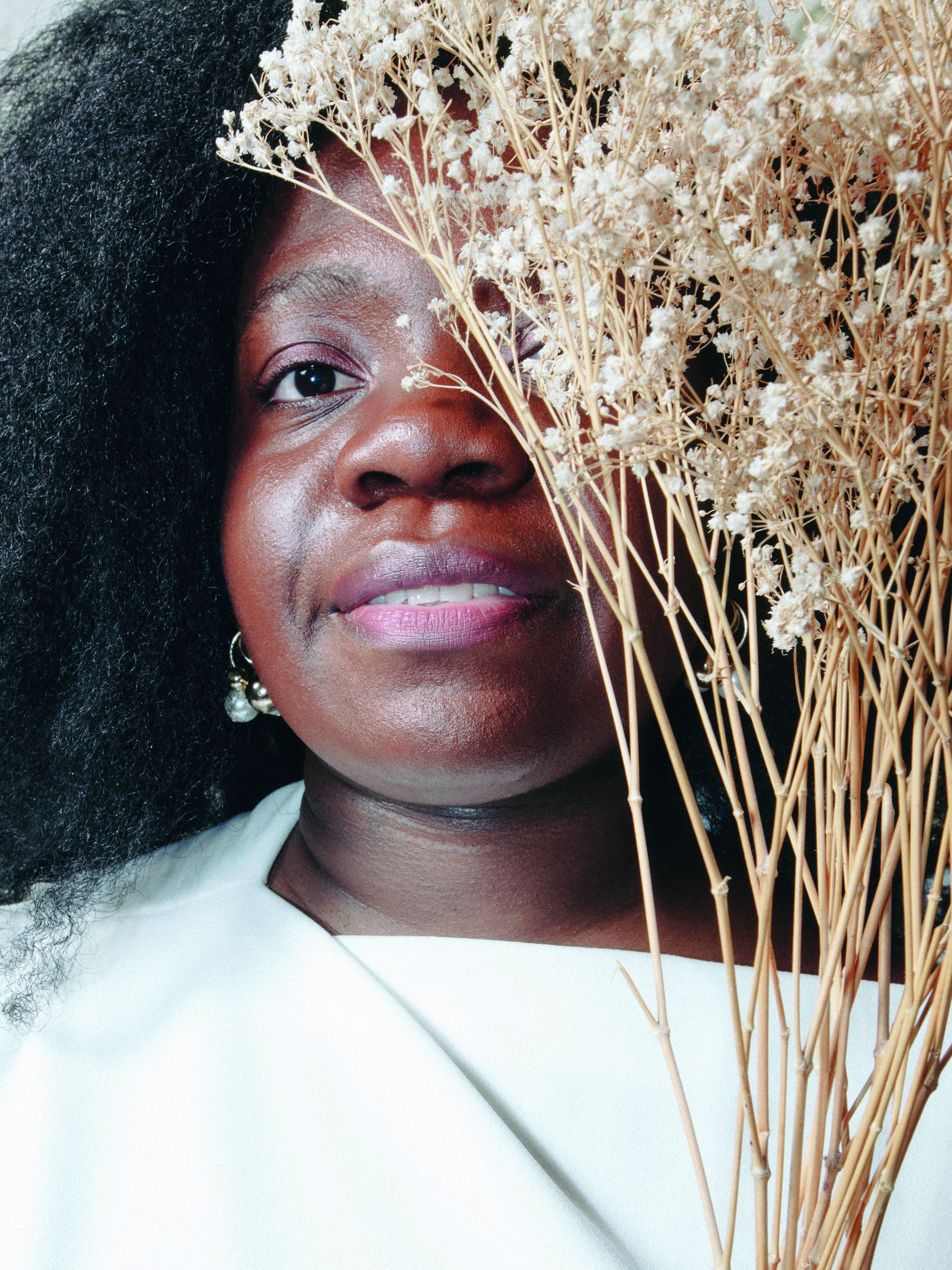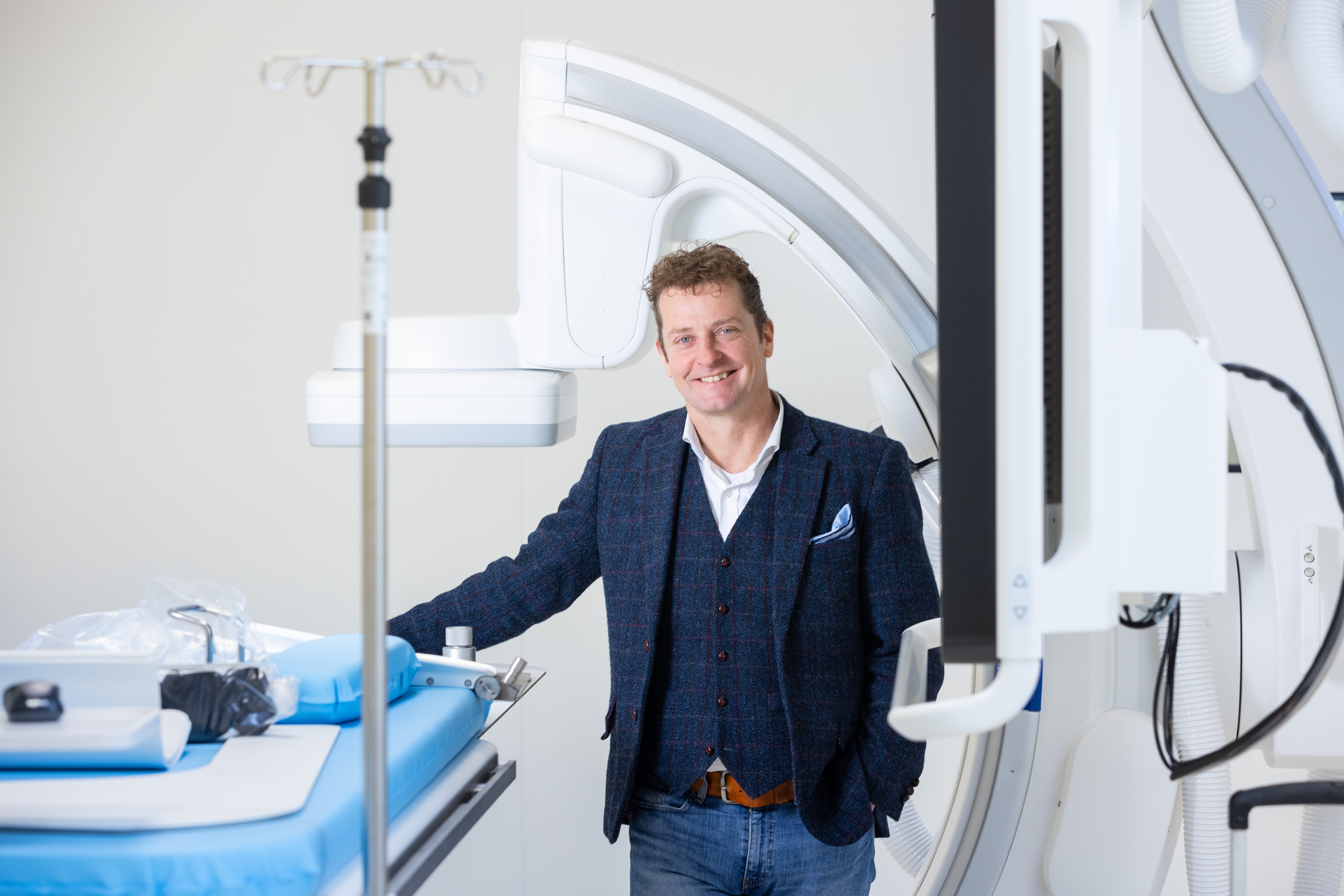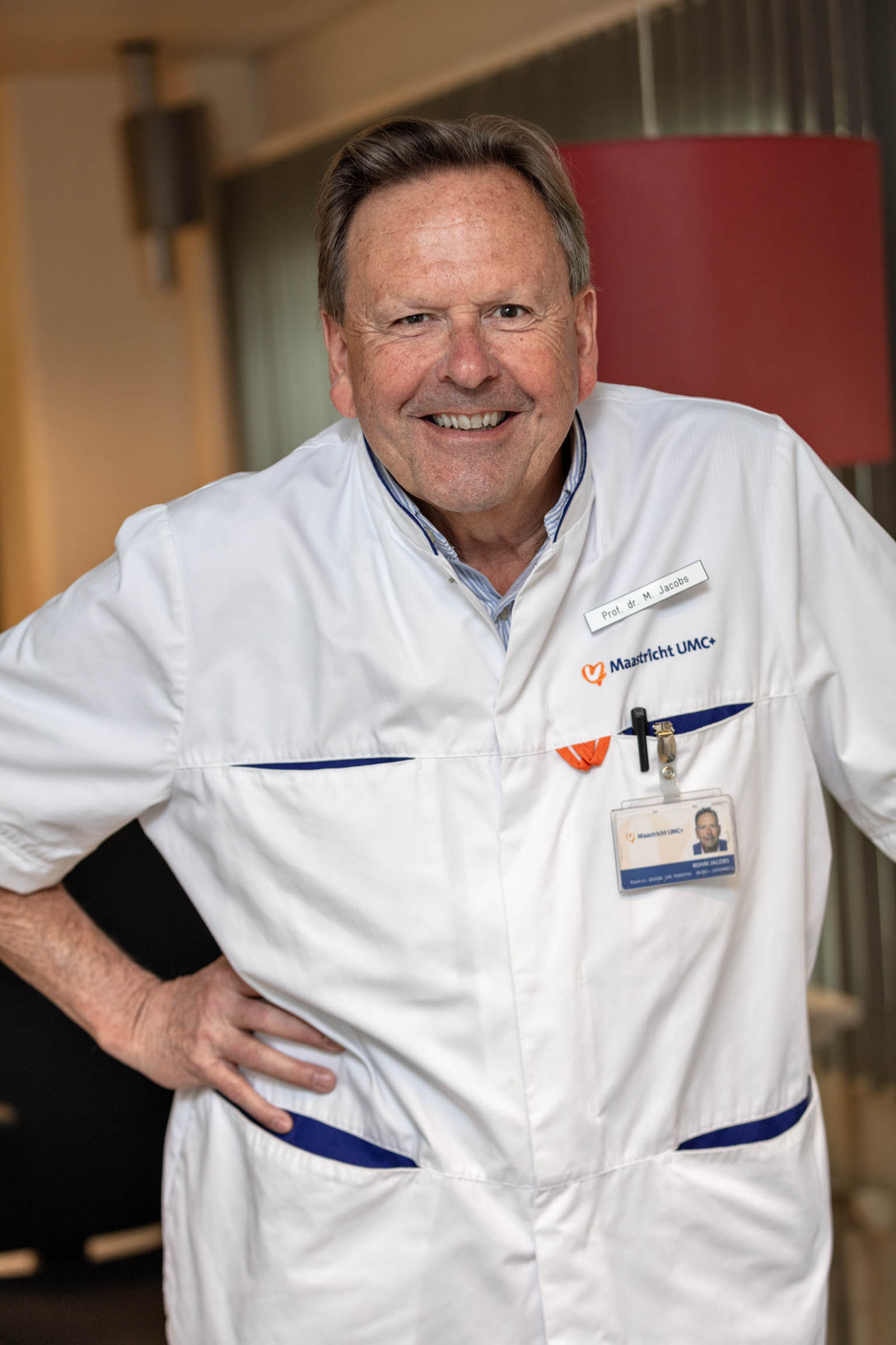“The law is not neutral”
Nozizwe Dube’s life reads like a novel. The 27-year-old was born in Zimbabwe and, at the age of 14, was reunited with her refugee mother in Belgium. Determined to fight injustice, she became the chair of the Flemish Youth Council within just a few years. She is now a PhD candidate at the Faculty of Law and one of the “Faces of Science” in the Netherlands. “I may be a role model, but I’ve had my own struggles against exclusion.”
Faces of Science
They are the ambassadors of young academics in our country: the 12 PhD candidates selected annually by the Royal Netherlands Academy of Arts and Sciences (KNAW), the Young Academy and NEMO Kennislink. “Yes, it’s quite an honour,” Nozizwe Dube says. As one of these Faces of Science, she is tasked with making her research accessible to a wide audience through vlogs, blogs and lectures.
Role model
“Our main goal is to give young people an idea of what it’s like to be a researcher,” she explains. “For me, it’s a useful exercise in going back to basics and explaining my research as clearly as possible.” She is very conscious of her position as a role model, especially for young people with similar backgrounds to hers. “For certain groups of people, going into academia may not be an obvious choice. It can be helpful to see people who look like you.”
At the same time, Dube has mixed feelings. “The risk is that role models are used as a smokescreen. Only the positives are highlighted; the successes. But I’ve struggled with exclusion too. And I’ve been lucky—my life could easily have been completely different. That’s just as important to a role model’s story.”
Human rights
Much of the motivation for her research comes from personal experience. Under President Robert Mugabe’s regime in her native Zimbabwe, she witnessed human-rights violations up close. Protests were brutally suppressed, political opponents were tortured and international sanctions left shops empty.
Later, as the daughter of a refugee in Belgium, she had to start over, learning a new language and integrating in a different culture. “When you come from an African country, you often encounter racism and sexism. I saw how my mother and her friends were excluded from the labour and housing markets.” Once again in her young life, she was confronted with human-rights violations. It was a major factor in her decision to study law.

Nozizwe Dube earned her bachelor’s and master’s degrees in law from KU Leuven in Belgium. She served as chair of the Flemish Youth Council and was elected Young European of the Year in 2017, a title awarded annually by the Schwarzkopf Foundation Young Europe. Dube interned at the Constitutional Court of Belgium and the Permanent Mission of Belgium to the UN in New York. She is currently a PhD candidate at the UM Faculty of Law.
Intersectional discrimination
Dube’s research focuses on intersectional discrimination—exclusion based on not one but several personal characteristics, such as being both Black and female. The phenomenon has existed for centuries, she explains, but only in the past decade did it gather steam as a research topic at Dutch and Belgian law faculties. “The problem is that intersectional discrimination is not recognised in the jurisprudence and antidiscrimination law of the European Union. EU law assumes that people can only be discriminated against based on a single trait.”
Intersectional discrimination was aptly highlighted in a now famous case analysed by the US professor Kimberlé Crenshaw, who coined the term intersectionality. In the 1970s, in a ‘last-in-first-out’ layoff, the car company General Motors fired only Black women. After all, they had been the last to gain access to the labour market, following white women and Black men. In other words, it was only for this group that racism and sexism intersected to produce a specific form of exclusion.
“The judge disagreed,” says Dube. “There could only be one grounds for a discrimination case—either race or sex. And since General Motors employed both Black men and white women, the judge ruled that neither applied.”
Recognition
This could happen even today, as EU antidiscrimination directives—which member states turn into national laws—do not recognise intersectional discrimination. With her research, Dube hopes to change this. Based on analyses of legal cases, comparative law research in the European Court of Human Rights, the US Supreme Court and the Constitutional Court of South Africa, and interviews with legislators and policymakers, she is formulating recommendations for the Court of Justice of the European Union, EU antidiscrimination legislators and EU equality policymakers.
“I hope these three actors will apply my recommendations,” Dube says. “But my ultimate dream is for the EU to recognise that intersectional discrimination exists and to combat it more effectively.”
Activism
Given her desire to make an impact, would she consider an alternative career as a politician or an activist? “I’ve spent time in local politics, and learnt that it’s not for me,” she says. “I’m an idealist; it’s all or nothing. In 2023 there are issues on which you just shouldn’t accept compromise.”
She feels more connected with activists, who energise and inspire her. “I know it’s not a view shared by many legal scholars, but I think academics can learn from activism. The recognition that the law is not neutral, for example, but arbitrary and subjective. The law can be used to emancipate people, but also to oppress them.”
Text: Jolien Linssen

Also read
-
Dani Shanley and Joshi Hogenboom on synthetic data, the pains and gains of interdisciplinarity, and why AI likely won’t release us from having to study the world we live in.
-
Lee Bouwman, a vascular surgeon and endowed professor of Clinical Engineering, specialises in the implementation of groundbreaking healthcare technologies. The key to success, he says, lies in the collaboration between engineers and clinicians. This approach has already resulted in a range of...
-
The surgeon who, defeated, leaves the operating room after hours of surgery, to tell the relatives that, unfortunately, the patient did not make it. This role, which most people only know from films and TV series, was one that vascular surgeon Michael Jacobs had to play more often in his career than...
- in Featured
- in Researchers


